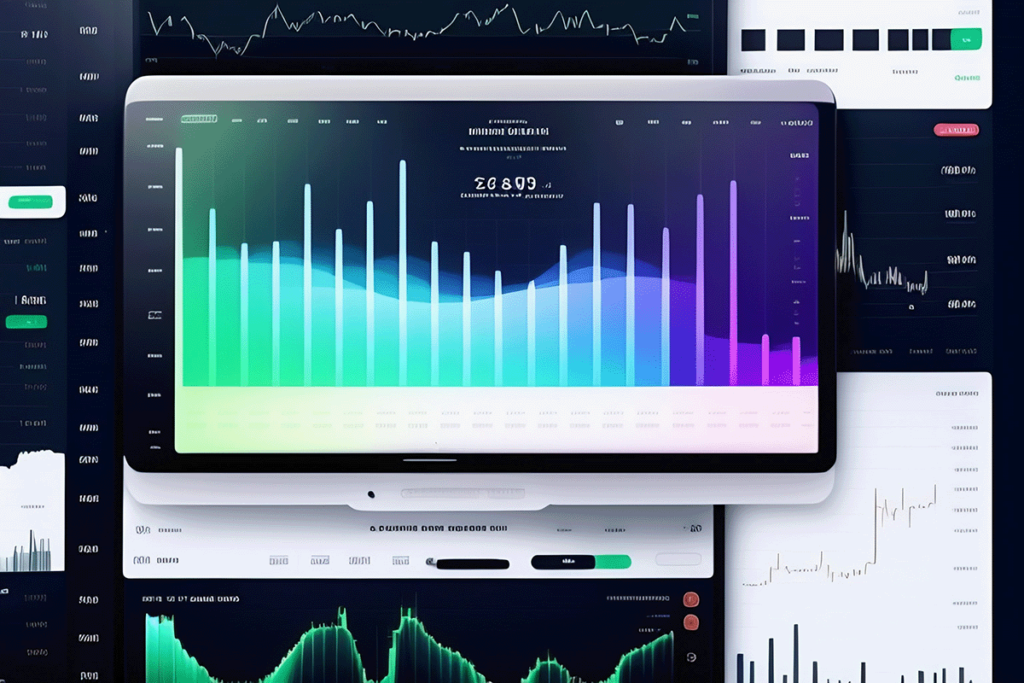Table of Contents
In today’s dynamic business landscape, staying ahead of the competition is crucial. Predictive analytics tools have emerged as indispensable assets for businesses striving to make informed decisions and gain a competitive edge. In this article, we explore five powerful predictive analytics tools that are poised to dominate the market and revolutionize the way businesses operate.
1. IBM Watson Studio
Unleashing the Power of Machine Learning
IBM Watson Studio stands out as a formidable predictive analytics tool that integrates machine learning capabilities seamlessly. With its user-friendly interface and robust data processing capabilities, businesses can harness the potential of their data to make data-driven decisions.
Key Features:
- AutoAI functionality for streamlined model development.
- Scalability to handle large datasets.
- Integration with various data sources, including cloud-based services.
Use Cases:
- Predictive maintenance in manufacturing.
- Customer churn prediction in the telecommunications sector.
- Personalized marketing campaigns for e-commerce businesses.
2. Google Cloud AutoML
Democratizing Machine Learning
Google Cloud AutoML empowers organizations to democratize machine learning by making it accessible to users with varying levels of technical expertise. This predictive analytics tool simplifies the process of building custom machine learning models.
Key Features:
- AutoML Vision, AutoML Natural Language, and AutoML Tables for specialized tasks.
- Integration with Google Cloud’s robust ecosystem.
Use Cases:
- Image recognition for e-commerce product recommendations.
- Sentiment analysis for social media monitoring.
- Demand forecasting in retail.
3. SAS Visual Analytics
Data Exploration and Visualization
SAS Visual Analytics offers an extensive suite of data exploration and visualization tools, making it an ideal choice for businesses aiming to uncover hidden insights within their datasets. With its interactive reports and dashboards, decision-makers can gain a deeper understanding of their data.
Key Features:
- Drag-and-drop interface for easy report creation.
- Advanced analytics capabilities for statistical analysis.
- Integration with popular data sources.
Use Cases:
- Healthcare analytics for patient outcomes prediction.
- Fraud detection in financial services.
- Inventory optimization in supply chain management.
4. Tableau
Interactive Data Storytelling
Tableau is renowned for its interactive data storytelling capabilities. This predictive analytics tool allows users to create compelling visual narratives from their data, making it easier to communicate insights and drive data-informed decisions across the organization.
Key Features:
- Real-time data connectivity.
- Extensive library of customizable data visualization options.
- Collaboration and sharing functionalities.
Use Cases:
- Sales performance analysis in retail.
- Academic performance tracking in education.
- Energy consumption monitoring in utilities.
5. RapidMiner
End-to-End Data Science Platform
RapidMiner is a versatile end-to-end data science platform that facilitates every stage of the predictive analytics journey. It offers a wide range of data preprocessing, modeling, and deployment capabilities, making it a go-to choice for data scientists and analysts.
Key Features:
- Automated machine learning for model creation.
- Support for various data formats.
- Scalability for enterprise-level analytics.
Use Cases:
- Customer segmentation in marketing.
- Predictive maintenance in industrial settings.
- Fraud prevention in banking.
Conclusion
In an era where data reigns supreme, harnessing the power of predictive analytics is paramount for businesses looking to thrive. The tools mentioned above represent the vanguard of predictive analytics technology, offering a plethora of features and use cases to meet the diverse needs of modern organizations. By adopting these tools, businesses can unlock valuable insights, streamline operations, and ultimately, gain a competitive edge in today’s data-driven world. Stay ahead of the curve and explore the endless possibilities that predictive analytics has to offer.
